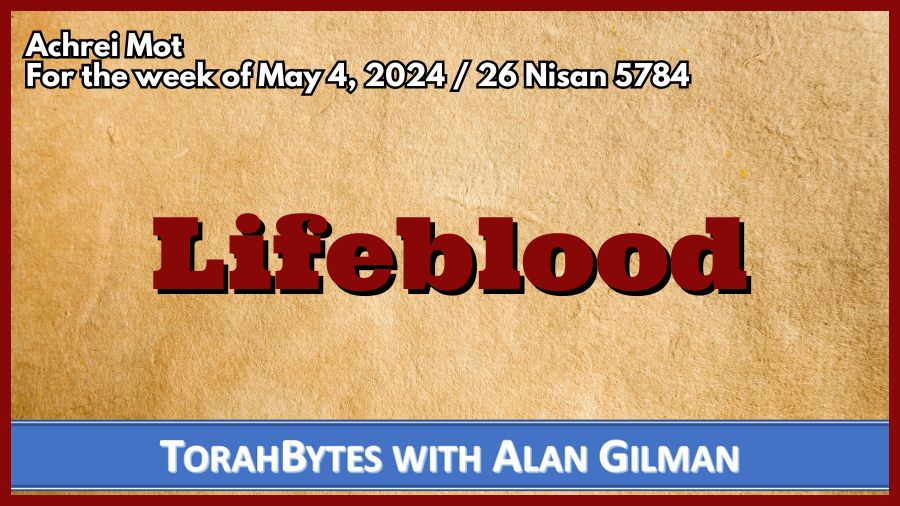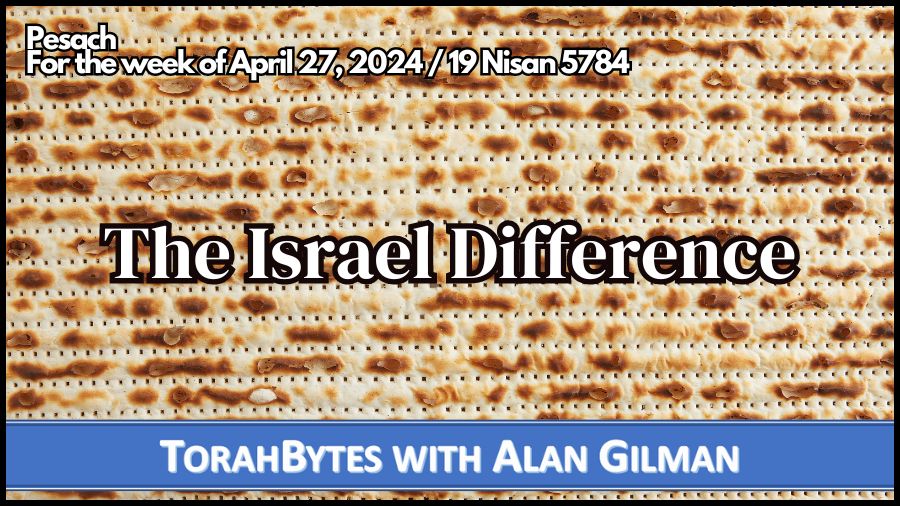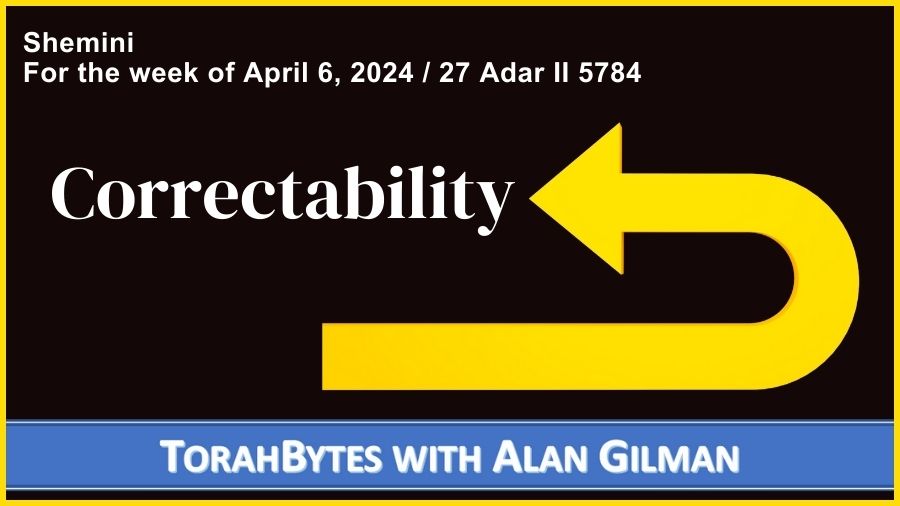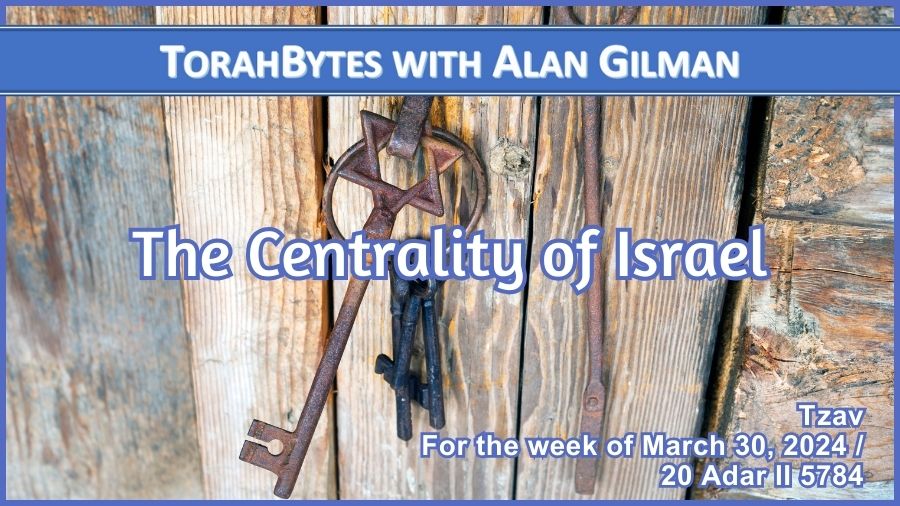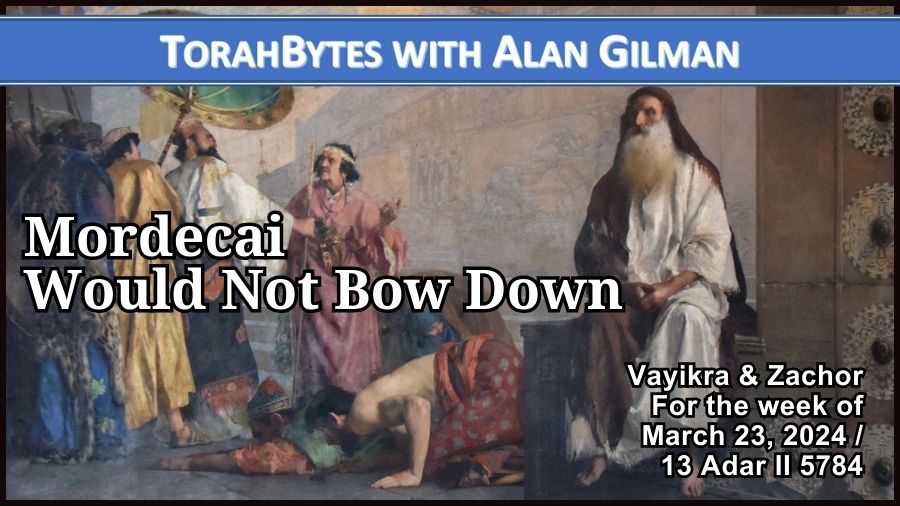For the week of May 18, 2024 / 10 Iyar 5784

Emor
Torah: Vayikra/Leviticus 21:1-24:23
Haftarah: Ezekiel 44:15-31
Revised version of “Perfect Offerings,” originally posted the week of 20 Iyar 5758 / May 16, 1998
And when anyone offers a sacrifice of peace offerings to the LORD to fulfill a vow or as a freewill offering from the herd or from the flock, to be accepted it must be perfect; there shall be no blemish in it. (Vayikra/Leviticus 22:21)
Offerings to the God of Israel were to be without defect. Certainly one of the reasons for this was that the people were not to bring their leftovers and undesirables to him. For a sacrifice to be meaningful and acceptable, it had to be valuable. But apart from value, the perfect nature of these offerings has much to teach us about God, his creation, the Messiah, and ourselves.
First, by insisting that these animals have no blemishes, deformities, or disease, we are reminded that God himself has no defects, weaknesses or faults. We tend to create religion and spirituality that accommodates our own imperfect nature. But God calls us to something much higher. God is perfect. So what we offer to him must be of a fitting quality. To offer him anything less is to lower him to our level.
Next, we are reminded that the world was created perfectly. The imperfections and blemishes of life are a result of human rebellion against the Creator. By bringing some of the best of our possessions, we are confronted with an ideal that once was and will be again. Having to reject the defective, emphasizes the nature of the perfect. A day is coming when the creation will be renewed; the curse upon it will be no more.
For generations the people Israel had to carefully examine the offerings they brought as they were to be of only the highest quality. Little did they know that they were acting out what God himself would one day do himself. For what the animals could not accomplish, God did through the perfect offering of his Son, the Messiah, whom Peter refers to as “a lamb without blemish or defect” (1 Peter 1:19).
Yeshua lived the only perfect and sinless life ever, preparing him to provide the way for imperfect people like us to be fully accepted by God. We read in the New Covenant book of Hebrews:
For if sprinkling ceremonially unclean persons with the blood of goats and bulls and the ashes of a heifer restores their outward purity; then how much more the blood of the Messiah, who, through the eternal Spirit, offered himself to God as a sacrifice without blemish, will purify our conscience from works that lead to death, so that we can serve the living God! (Hebrews 9:13-14; Complete Jewish Bible).
On our own, because of our imperfections, we cannot approach God and serve him in the way he intends; we are disqualified. But if we trust in Yeshua and his perfect offering on our behalf, we are made acceptable to God, blemishes and all.
Scriptures taken from the English Standard Version
